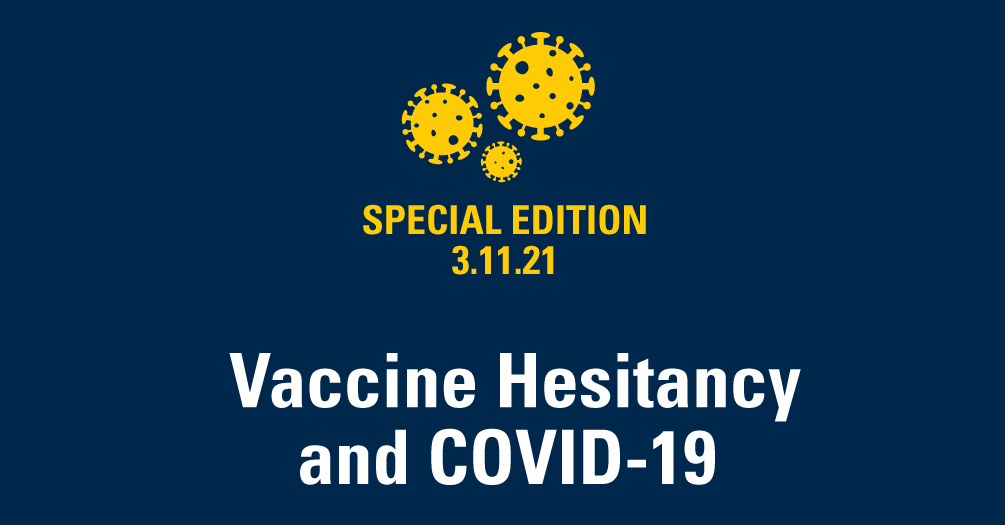
Healing Flint Through Community Partnership
In this episode of Population Healthy Season 3: Race, Inequity, and Closing the Health Gap, we explore how the city of Flint faces a myriad of interwoven and complex public health challenges and how incorporating the voices of the city’s residents into research and decision making through the practice of Community-Based Participatory Research (CBPR) can lead to more positive and meaningful health outcomes for the community.





